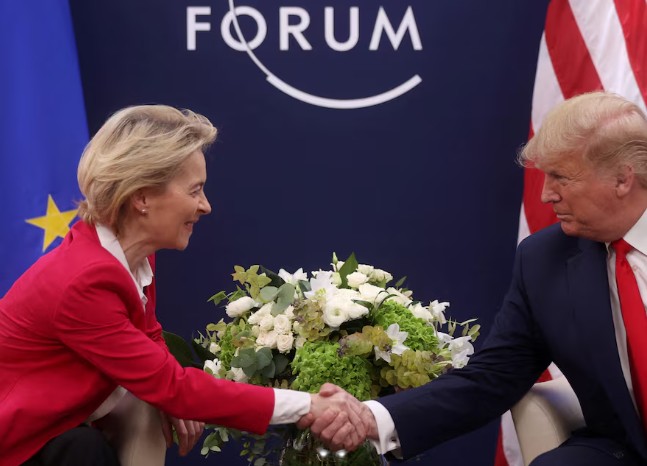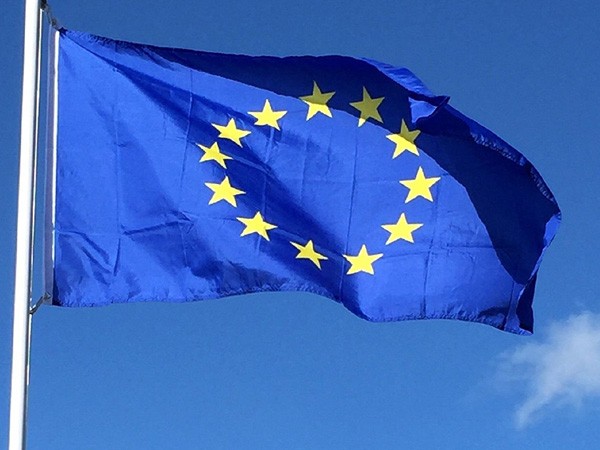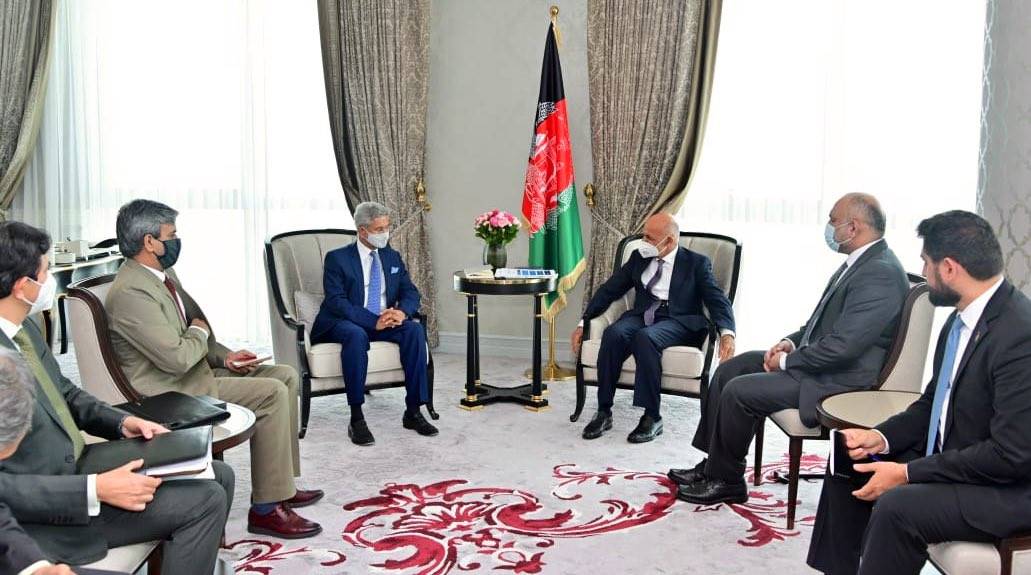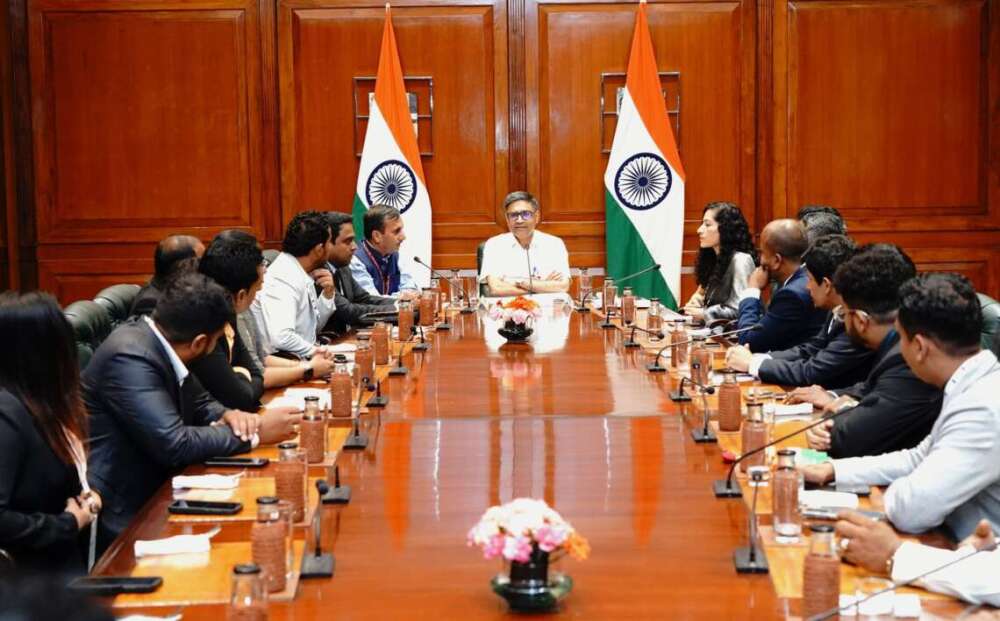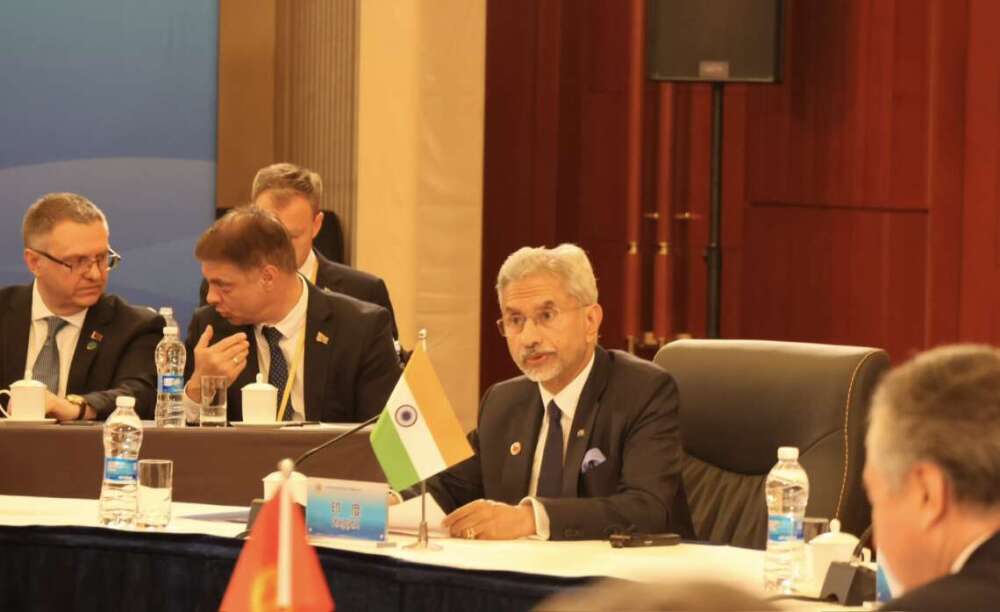The EU court also confirms a similar ruling made in 2017 that allowed employers to enforce a “neutral” dress code but critics say it will disproportionately affect Muslim women….reports Asian Lite News
European employers can ban people from wearing any visible sign of their political, philosophical or religious beliefs, including headscarves in order to present a neutral image and to prevent social conflicts, the European Union’s top court ruled on Thursday.
The ruling from the European Court of Justice (ECJ) stated that the ban “may be justified by the employer’s need to present itself in a neutral manner to customers or to prevent social conflicts,” reported Euro News.
The court stresses, however, that it must also “meet a genuine need on the part of the employer” and that court in individual member states may take into account “the specific context” in their country, “and, in particular, more favourable national provisions concerning the protection of freedom of religion.”
The case was brought forward by two German female workers, a special education teacher and a cashier, who were asked by their employers not to wear Islamic headscarves while at work.
The EU court also confirms a similar ruling made in 2017 that allowed employers to enforce a “neutral” dress code but critics say it will disproportionately affect Muslim women.
EU top court made clear that the ban does not constitute discrimination if it is systematically applied to all beliefs, even if some religious precepts require believers to wear a certain type of dress, Euro News reported.
However, a limited ban such as one prohibiting “the wearing of a large conspicuous garment or sign, such as a head covering” could amount to direct discrimination, and therefore “cannot be justified”, as it may result in some workers being treated less favourably than other on the basis of their religion or belief.
Furthermore, the court highlights that although an employer’s wish to ban all signs of political, philosophical or religious beliefs “may constitute a legitimate objective”, that desire in itself is not sufficient to justify a ban and that there must be “a genuine need”.
One criterion to justify the ban may, for instance, be the “legitimate expectations of clients and users” for neutrality, especially in the field of education, where parents may wish their children are supervised by people whose religious beliefs are not visible.
The employer must also prove that not enforcing such a ban could be detrimental to its activities.
Member states may take national provisions into account when examining the appropriateness of such bans and to limit the restrictions on freedoms to what is strictly necessary, the court said.
Legislation over religious signs in the public sphere may differ in the 27 member states. Some countries have for instance outlawed the full-face Islamic veil in public places while others have opted for partial bans.



